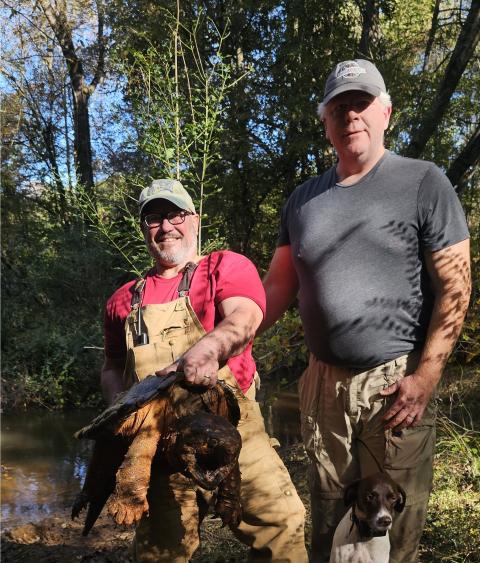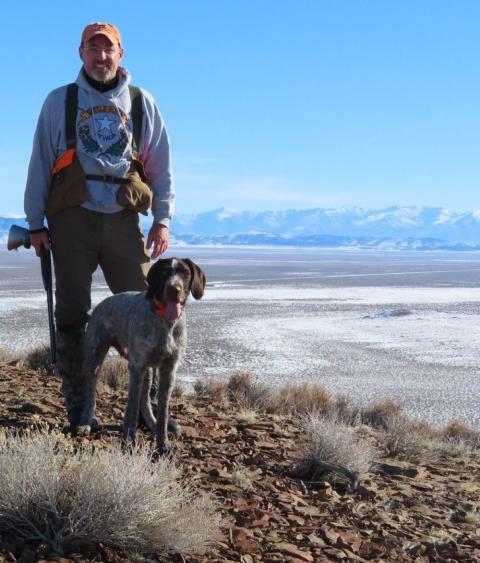Conservation Brief
FWS to Prepare EIS Evaluating Incidental Take of Migratory Birds
In late May, the U.S. Fish and Wildlife Service (FWS) published a Notice of Intent (NOI) to develop a programmatic environmental impact statement that evaluates the potential impacts of an incidental take permitting program under the Migratory Bird Treaty Act (MBTA). Both the Endangered Species Act and Bald and Golden Eagle Protection Act allow the FWS to regulate the incidental take of endangered or threatened species as well as bald and golden eagles. However, the MBTA currently does not have a similar process for evaluating projects and issuing incidental take permits for migratory birds that do not fall under the jurisdiction of these two Acts. The FWS will be evaluating a number of options to establish this authority including developing conditional authorization for particular industries such as oil and gas, wind, transmission lines, communications towers, etc.; issuing individual permits for projects not covered under the general conditional authorization; continuing to pursue memoranda of understanding with other federal agencies to consider impacts to migratory birds and mitigate appropriately; or continuing to pursue voluntary guidance for industry sectors. Potential options may build on existing voluntary guidelines including those developed for the wind industry in 2010.
"An incidental take authorization program alone will not address all of the conservation needs of bird populations, but it could provide a framework to reduce existing human-caused mortality of birds and help avoid future impacts by promoting practical actions or conservation measures that will help industries and agencies avoid and minimize their impacts on birds," the NOI states. "An authorization system created through rulemaking could encourage implementation of appropriate conservation measures to avoid or reduce avian mortality, such as the technologies and best management practices identified in current Service guidance for certain industry sectors, and could create a regulatory mechanism to obtain meaningful compensatory mitigation for bird mortality that cannot be avoided or minimized through best practices or technologies. Compensatory mitigation for incidental take, especially on a watershed or landscape basis, can provide conservation benefits through funding of habitat replacement, restoration, or, in certain circumstances, acquisition."
The FWS is seeking comments on their proposal by July 27. In addition, there will be several public scoping open houses including June 16 in Sacramento, CA; June 18 in Denver, CO; June 30 in St. Louis, MO; and July 2 in Arlington, VA. Details on submitting comments or attending a scoping session are provided in the notice.



